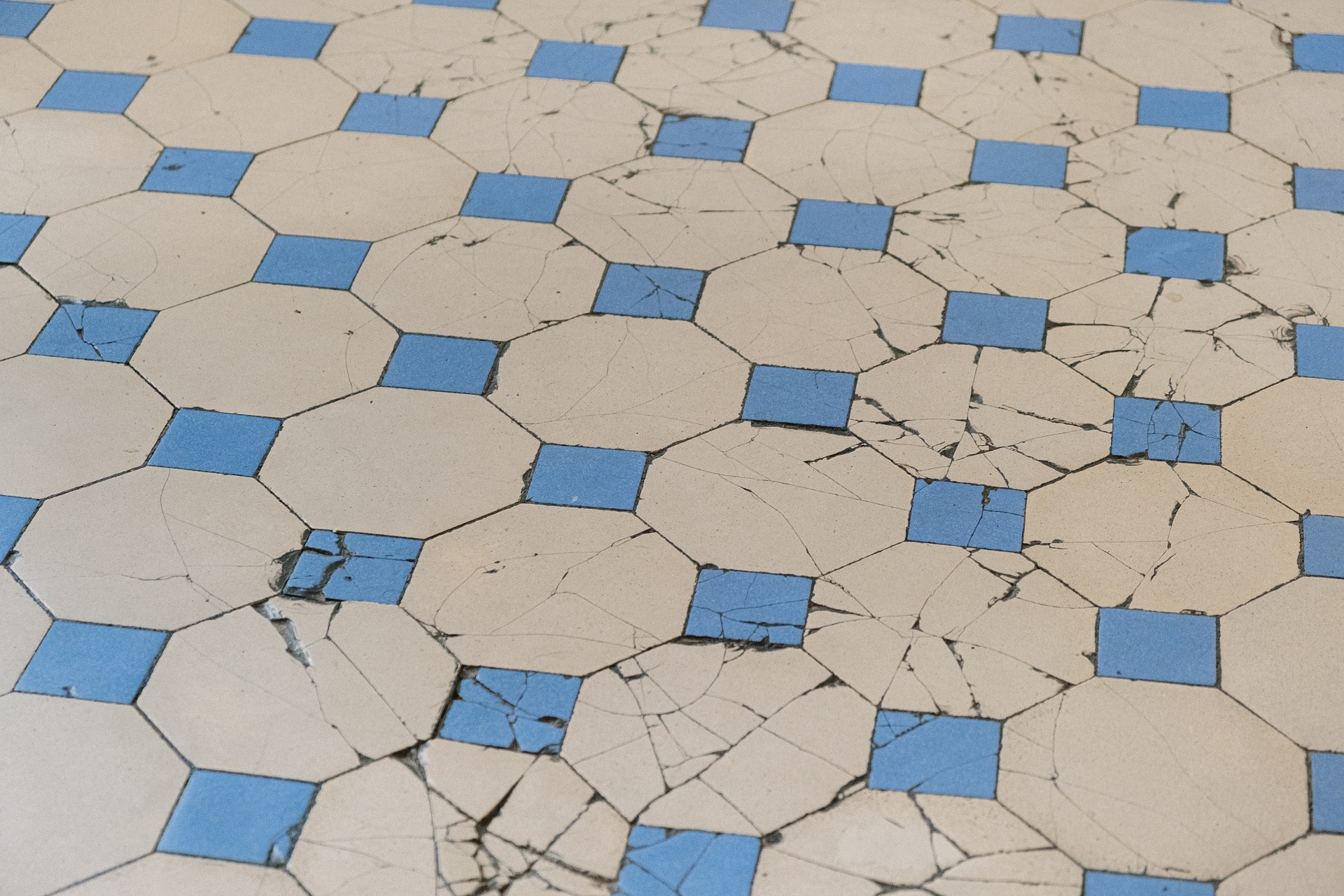Why Tiles Crack, and How Might You Prevent It

Tiles are a great option for kitchen or bathroom flooring because they are low maintenance, easy to clean, and look amazing. When installed correctly, they offer a robust, durable, and practical solution for floors and walls throughout the home.
However, this doesn’t mean that they’re completely devoid of problems. Here are a few reasons why tiles may crack and how to prevent them from cracking.
-
Improper Installation
Installing your new tiles correctly on a well-laid substrate foundation is key. Tiles can also crack due to improper use of expansion joints, the areas between the tiles which are grouted over to assist in the natural expanding and contracting of the floor surface. If you’re using tiles in a bathroom, a waterproof membrane is a good idea to stop water from penetrating the substrate and damaging the floor finish. And if you are still unsure, outsource the service and get it installed by an experienced tiler.
-
Incorrect Adhesive or Application
Tiles should be affixed with adhesive (mortar) that covers the entire back of the tile. If there are any gaps or voids between the tile and the surface, this can cause weak spots and lead to cracking. Tiles also need to be securely fixed to the surface using an adhesive with flexible properties, allowing for small movements between rigid tiles and the substrate without affecting its stability. Using the wrong material like a grout or cement mix can cause tiles to fracture.
-
Unsuitable/Low-Quality Tiles
Not all tiles are created equal, and some variations aren’t suitable for specific applications. Using indoor tiles outside or installing wall tiles on floors can leave them more susceptible to cracking in the long run.
-
Heavy Loads
Heavy loads on tiled floors can result in hairline cracks or larger breaks. If you’re installing floor tiling in, especially in a kitchen, try to avoid laying tiles directly under your cabinets or appliances such as the fridge or oven.
-
Cracked Substrate
If the surface below the tiles cracks then the tile itself becomes more likely to crack. This can be due to small movements such as concrete or wood expanding and contracting, or due to an installation without a flexible membrane or screed that stretches as the substrate moves.
How Can Cracking Be Prevented?
The best way to prevent tile fractures is properly preparing your surface before any installation. To begin with, a professional should even out the subfloor. This can be done in a variety of ways, but the most common are the use of a leveler or install plywood.
After the floor has been leveled and allowed to cure, your floors need to be thoroughly cleaned by vacuuming all debris and dirt from its surface, as well as properly mopping and scrubbing it. Remember that any remaining debris can cause cracking.
Do not apply tile directly to plywood or cement, no matter how clean it is. You should make sure that an anti-fracture membrane has been laid between your tile and the subfloor. Anti-fracture membranes are designed to absorb any cracking energy and disperse it across a larger area of the floors. This keeps the pressure off any single tile.
Pre-Installation Prevention
The best way to prevent tile fractures is properly preparing your surface before any installation. To begin with, a professional should even out the subfloor. This can be done in a variety of ways, but the most common are the use of a leveler or install plywood.
After the floor has been leveled and allowed to cure, your floors need to be thoroughly cleaned by vacuuming all debris and dirt from its surface, as well as properly mopping and scrubbing it. Remember that any remaining debris can cause cracking.
Do not apply tile directly to plywood or cement, no matter how clean it is. You should make sure that an anti-fracture membrane has been laid between your tile and the subfloor. Anti-fracture membranes are designed to absorb any cracking energy and disperse it across a larger area of the floors. This keeps the pressure off any single tile.
Post-Installation Prevention
Once your tile has been properly installed, proper maintenance and cleaning can help prolong its life. You should also clean your grout on a regular basis to prevent mold growth which can spread and, in some extreme cases, even lift your tiles. Also make sure you restore your grout or broken tiles as soon as you see a crack. This will make your tiled surface last longer.
With over 30 years of experience in the field in conjunction with our wholesale division, Premier Ceramics, Trini Tile has a history of selling exclusive products from the building industry. Come visit our showroom in Vaughan or click here to browse our select online products.
